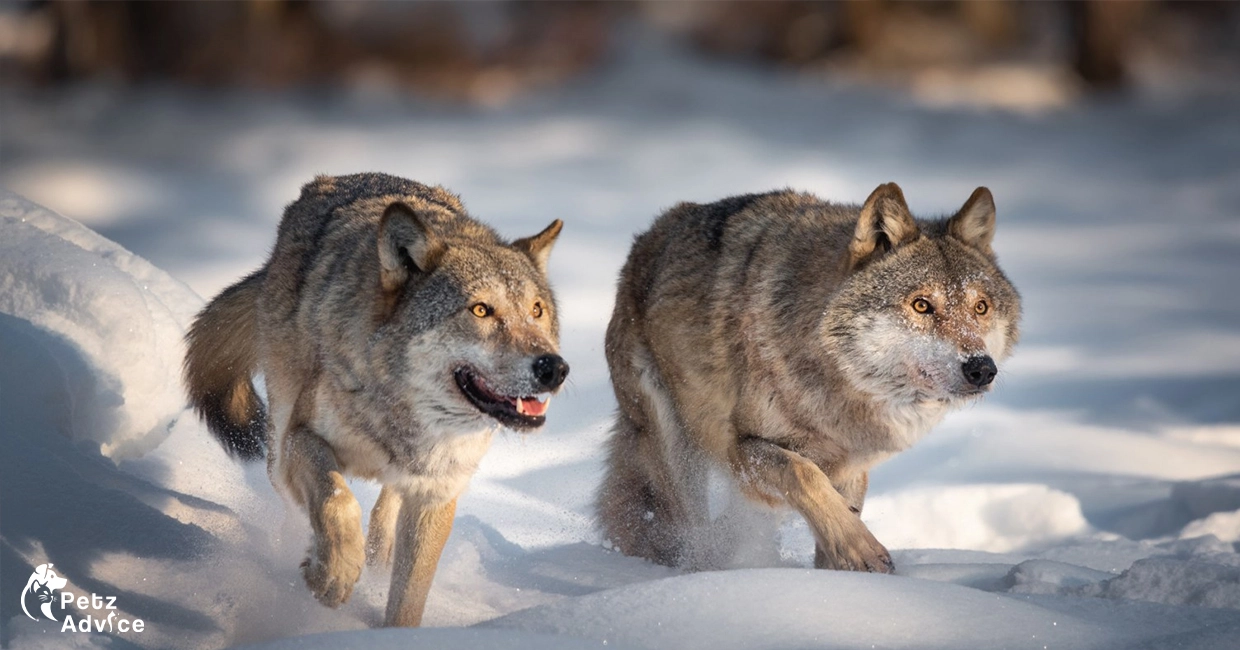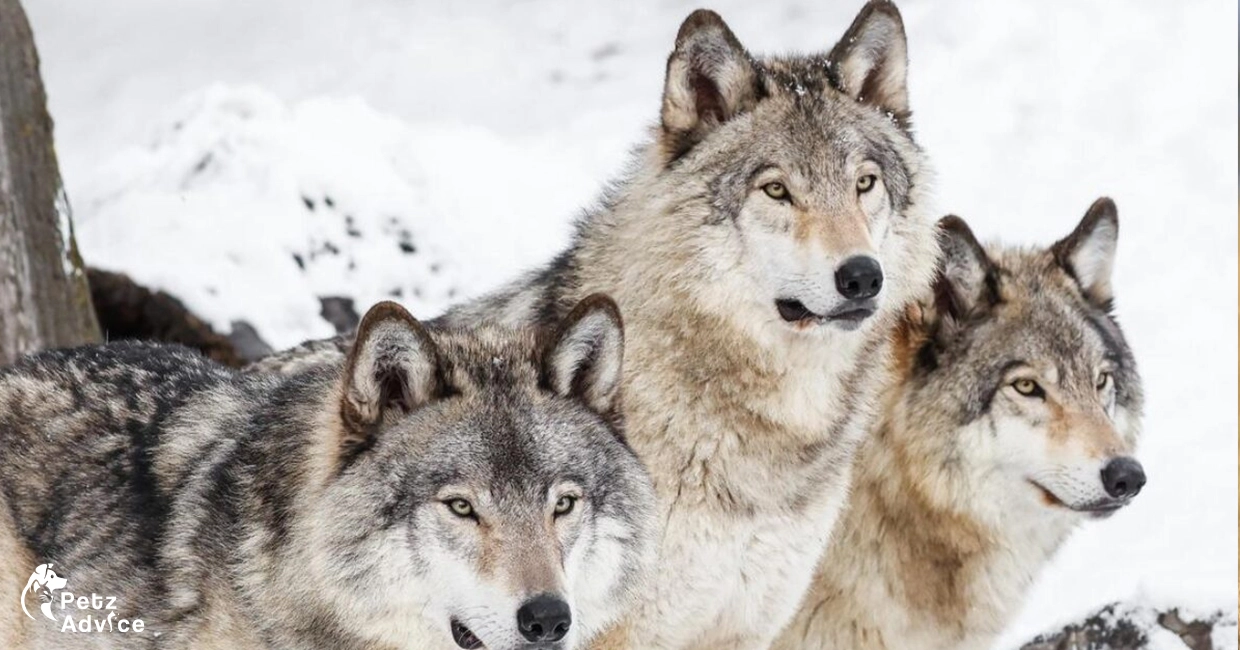As the descendants of early stone-age ancestors, wolves’ captivating enigma and perplexing society captivate humanity. They are known to be predators at the top of the food chain, and it is well known that many people just do not get them. Below are ten amazing truths about wolves that would make people understand these great animals better.
1. The Wolf Pack is a Complex Social Structure
Wolves are pack animals, and the packs usually consist of the breeding pair, which is usually the alpha male and the alpha female. These packs can be as small as three and as big as twenty in size, which depends on the abundance of food and space available. It may be most profitably used in relation to another aspect of pack structure, the fact that every individual within a pack known by the narrator is a predator charged with a particular role, from the hunters themselves to the caregivers of the young.
2.The Remarkable Variety Of The Wolf’ Voices
Even though the howling of the wolf is the most popular and well-known noise of the wolf, wolves can produce a great number of other sounds. These include barks, growls, whimpers, and a vocalization referred to as the bark howl, which is employed to convey various types of information. All these vocal expressions are employed in different ways, for example, in formulating the hunting strategy, in defending the territory, and in consolidating the relations in the pack.
3. Wolfs Have an Incredible Sense of smell
A wolf has a sense of smell that is considered to be one of the most developed in the entire animal world. It can identify prey from miles apart and if ever there are other wolves or other predators around. Thanks to their amazing senses of smell, they can follow the tracks of animals for long distances, which makes them great hunters. This is also useful in communications since different wolves use scent to keep off intruders and to show their dominance in the pack.
4.Family social relationships are well in women.
Wolves are also known to be loyal and family-oriented animals. It is the alpha pair running, some of which is taught by the whole pack with the help of the adults, and then the pups are raised. With the appearance of the elder children, they, in turn, teach the newly born ones how to hunt for their own food and other things that enable them to survive in the wild. This way of caring for the offspring strengthens the pack, and also all the members of the pack contribute to the success of the pack.
5.Wolf Are Highly Adaptable
Wolves have adapted to living in various environments as diverse as Eskimo territories and thick bush of the taiga, deserts, and mountains. Perhaps that is why they have been able to inhabit so many diverse places, flexibility is among them. Wolves can roam close and far to find prey, and these distances may be between 30 miles and so on. Wolves have thus been able to spread throughout the world’s various weather and geographical regions, hence their widespread.

6. Wolf Are Critical to Ecosystem Balance
It is very important to understand that wolves are one of the principal species that have an impact on the steadiness of ecosystems. It is important to help the wolves control the prey numbers because they act as parasites and protect the population from overgrazing. For instance, the introduction of wolves in Yellowstone National Park has had the ripple effect of benefiting not only the wolf population itself but also the park vegetation and a host of other animals such as the beavers and the songbirds.
7. Wolf Have a Diverse Diet
Despite the fact that they belong to the category of carnivores, not many people know that these animals are quite picky when it comes to what they eat. Their favorite foods are the large ungulates, such as mule and white-tailed deer, elk, and moose, but they also eat the smaller animals, birds, fish, and plants when no meat is around. This allowed the wolf to be able to move around in different hunts for food when there was a shortage of food, for instance.
8.Wolf Are Monogamous
It is also worth noting that wolves are one of the few species of animals that mate for life and are therefore monogamous in their outlook. It is worth noting that the couple of the alpha male and the alpha female will stick together for the rest of their lives. This bond helps to improve the stability of the pack since the alpha pair is the leader of the pack and should produce cubs. He and she are very much connected, which makes them very effective in hunting for the pack and taking care of the young ones.
9. Wolves Have Rich Cultural Significance
Wolves have occupied important status of both respect and terror in many societies and civilizations of the world. According to Native American legends, the wolves are known as the protectors of the tribe, and the spirits are fearless and intelligent. European mythology, on the other hand, shows wolves as the antagonists. This is a partial culmination of a conflict, or rather a dualistic attitude, of humans when it comes to the relationship between humans and wolves: on the one hand, they are the noble brothers; on the other, they are the enemies to be fought.
10. Wolf Are Intelligent Problem Solvers
Wolves are also among the smartest animals, with a problem-solving skill set that is even better than that of monkeys. In the wild, they employ this intelligence, performing tasks such as planning how to hunt for their food prey and communicating among the pack members as well as within their surroundings. Wild members also use tools, which include dropping logs or pushing snow to get to the prey that is hidden, which is an indication of how intelligent these animals are.
Conclusion
Wolves are extremely interesting animals with complex social lives and amazing physical strength, and they are perfectly adapted to all aspects of wildlife. It is also reassuring to know these interesting facts about wolves, which simply enhance the understanding of these important carnivores and call more attention to the need to protect their environment in the future. The fact that we still have wolves in the wild is proof of the tenacity of wildlife; therefore, the animals are important as they serve as the ultimate predators of the ecosystems.


